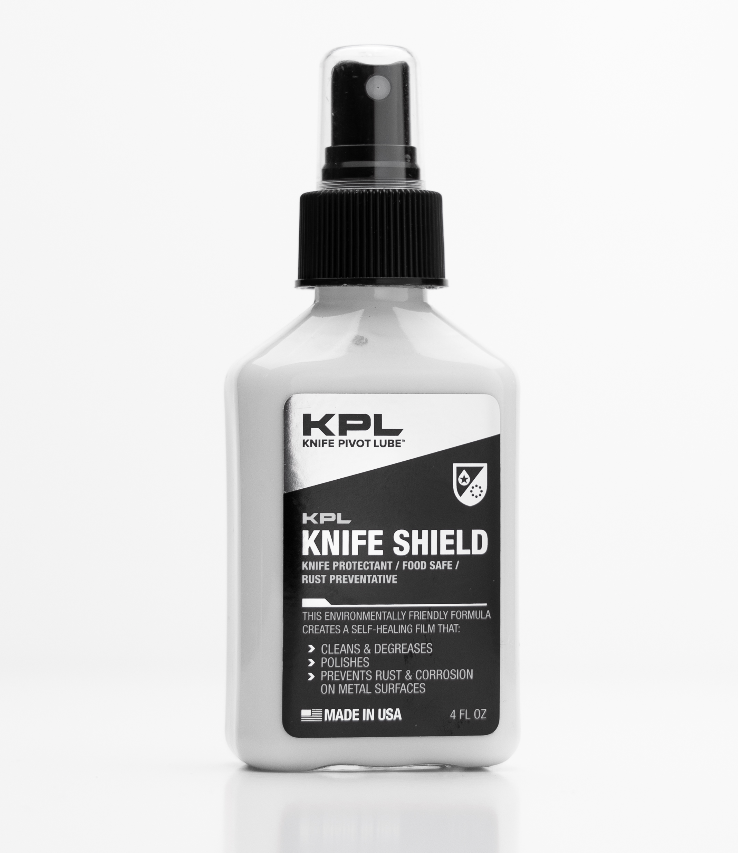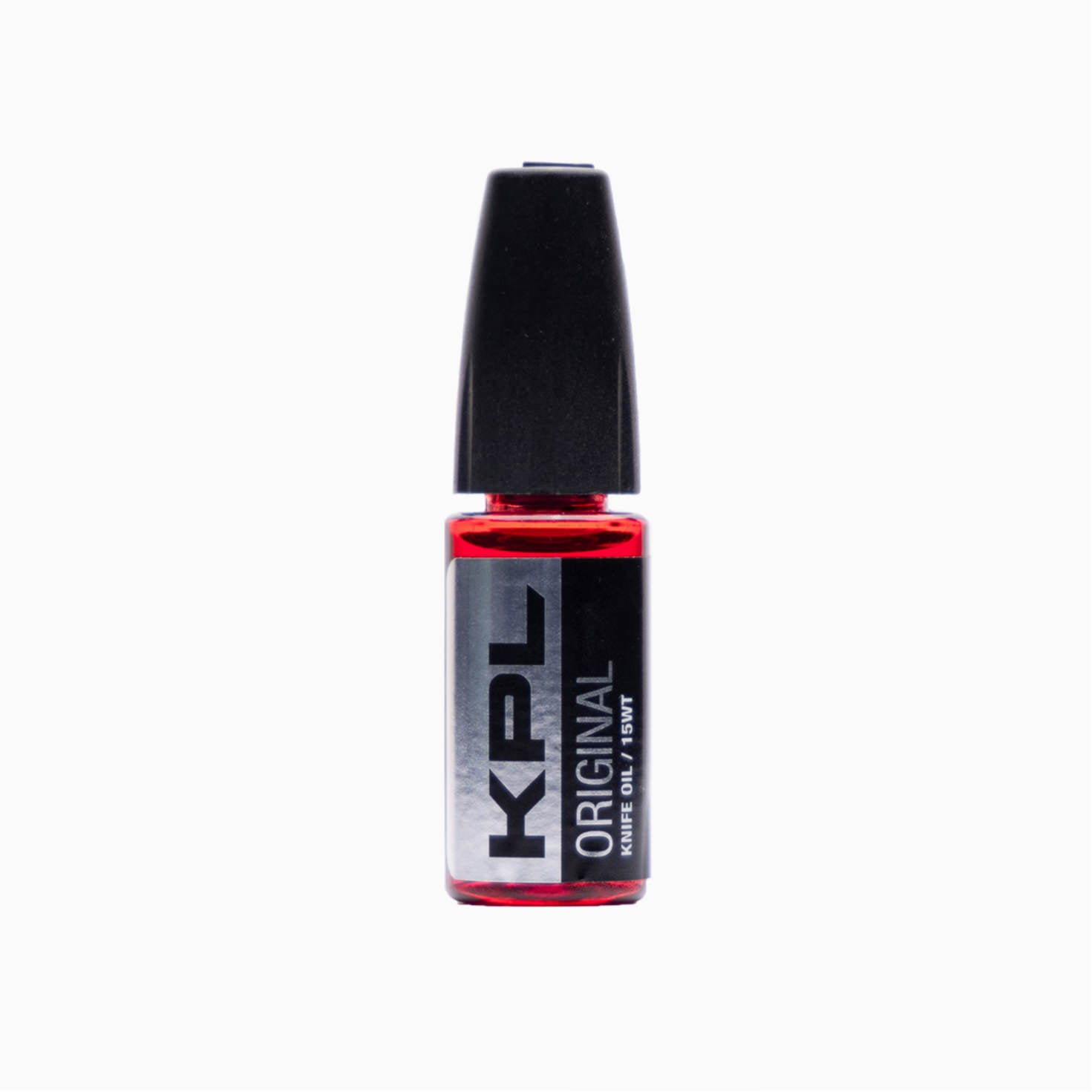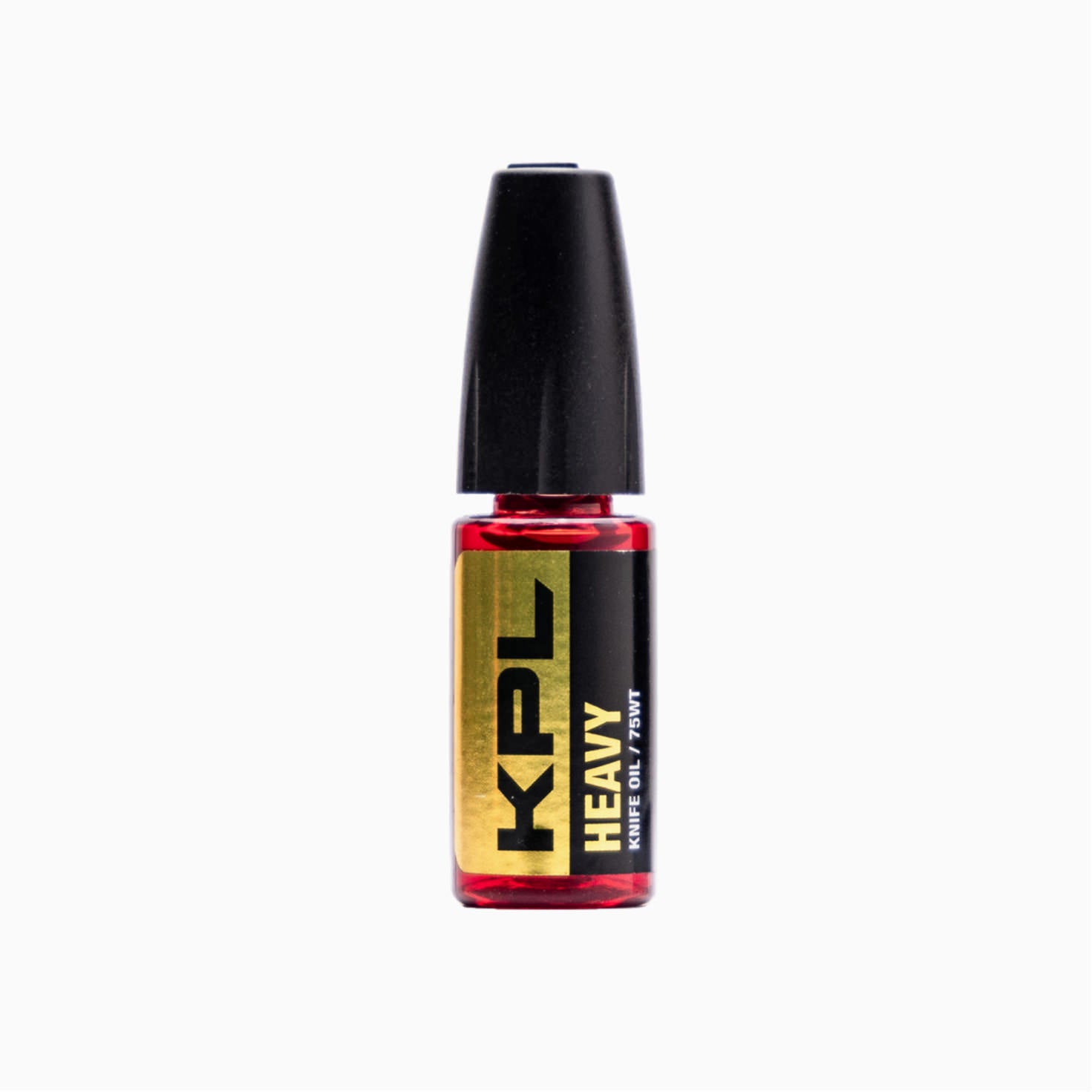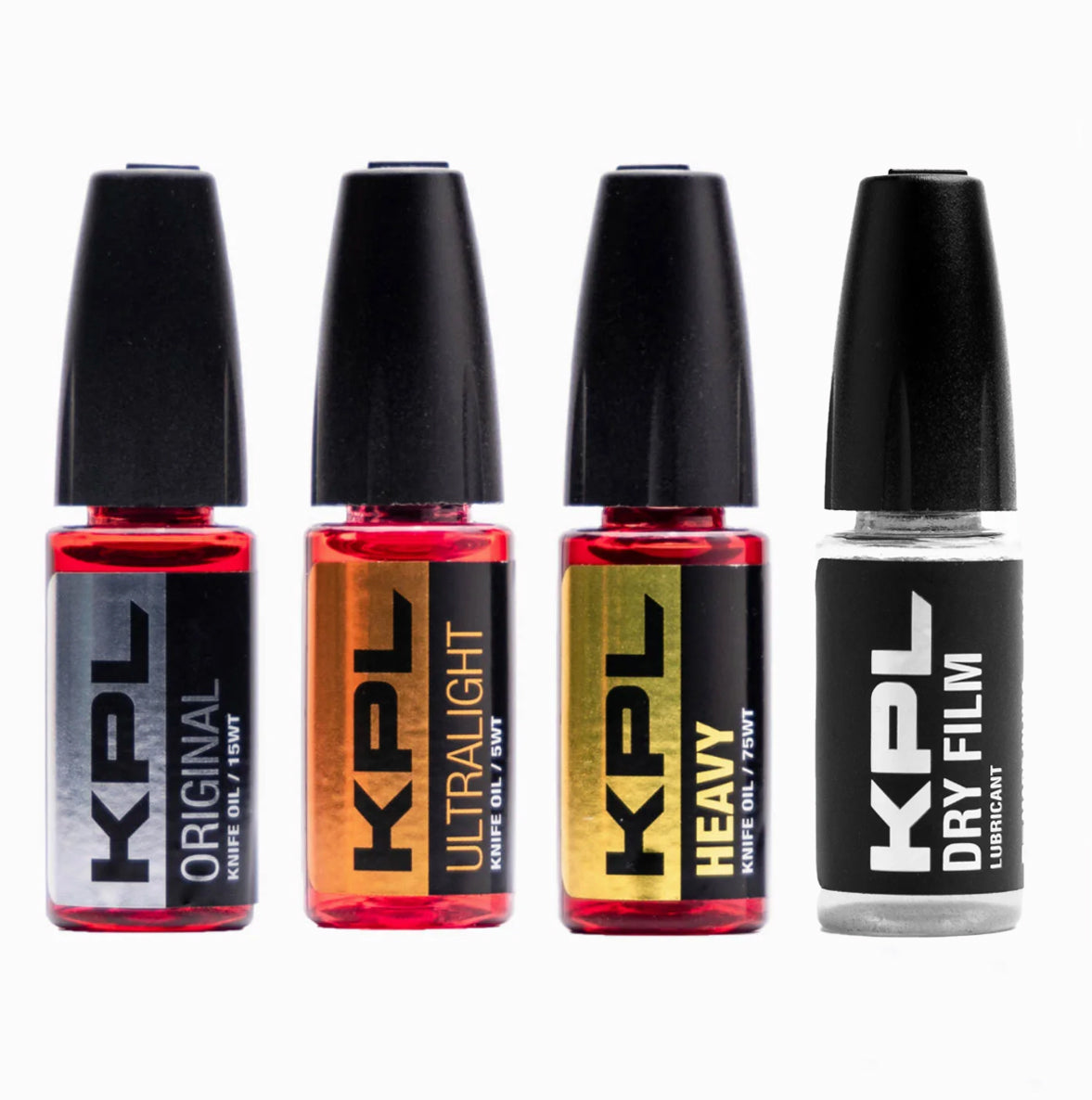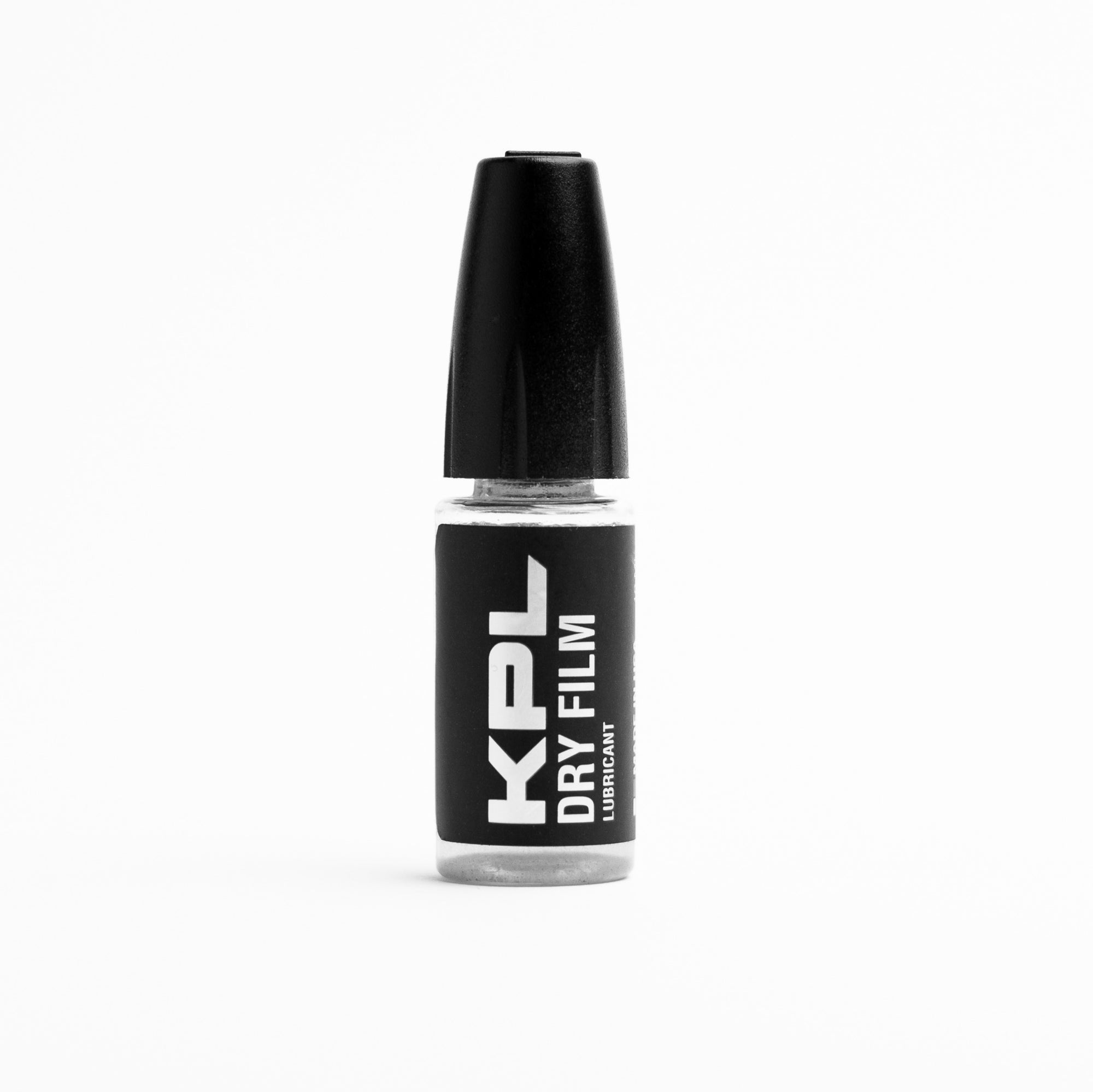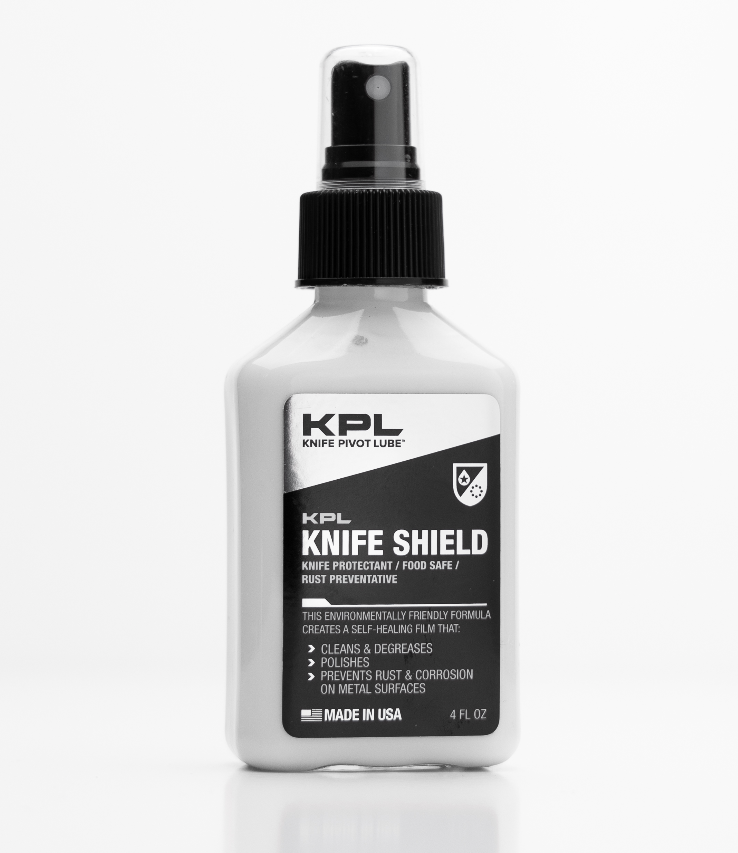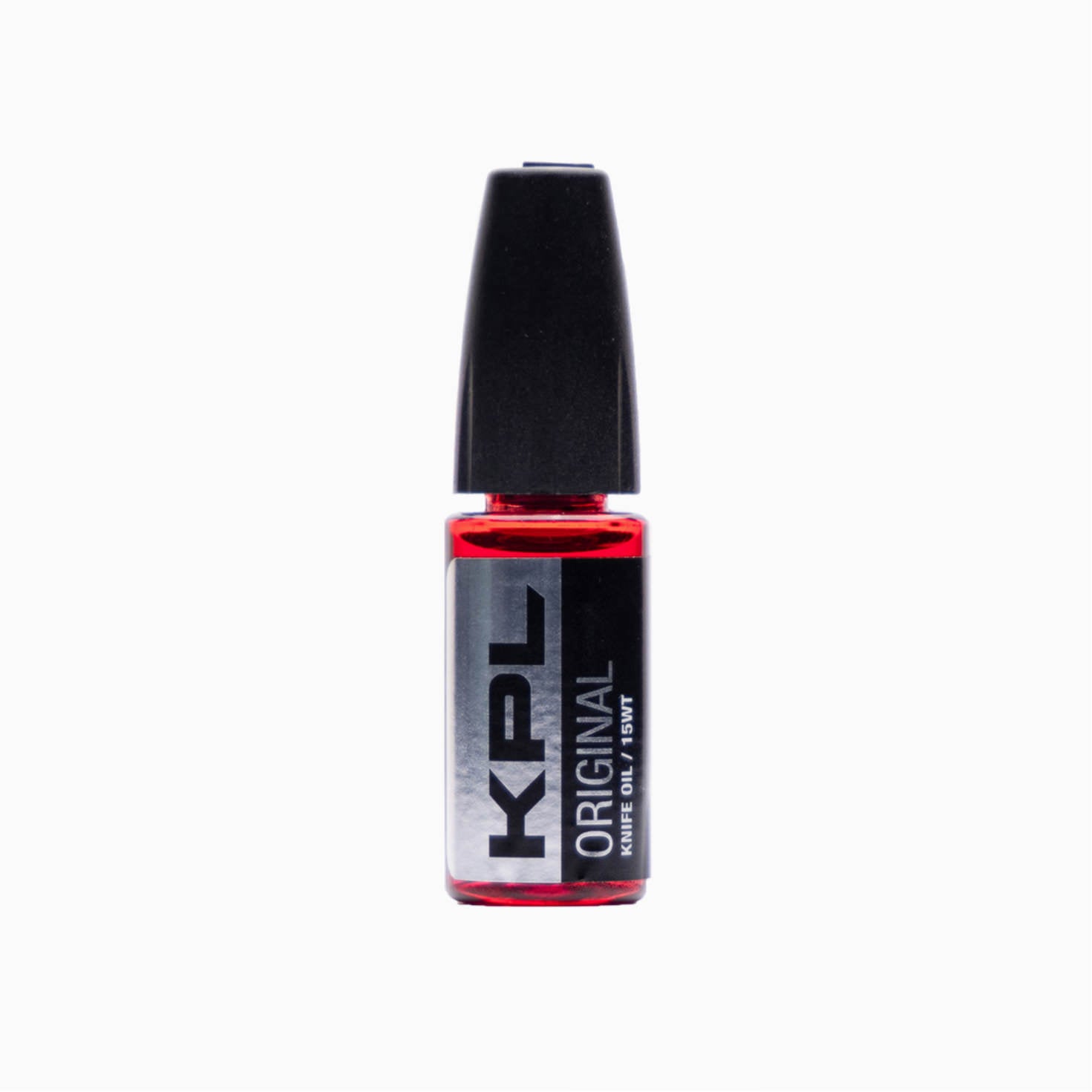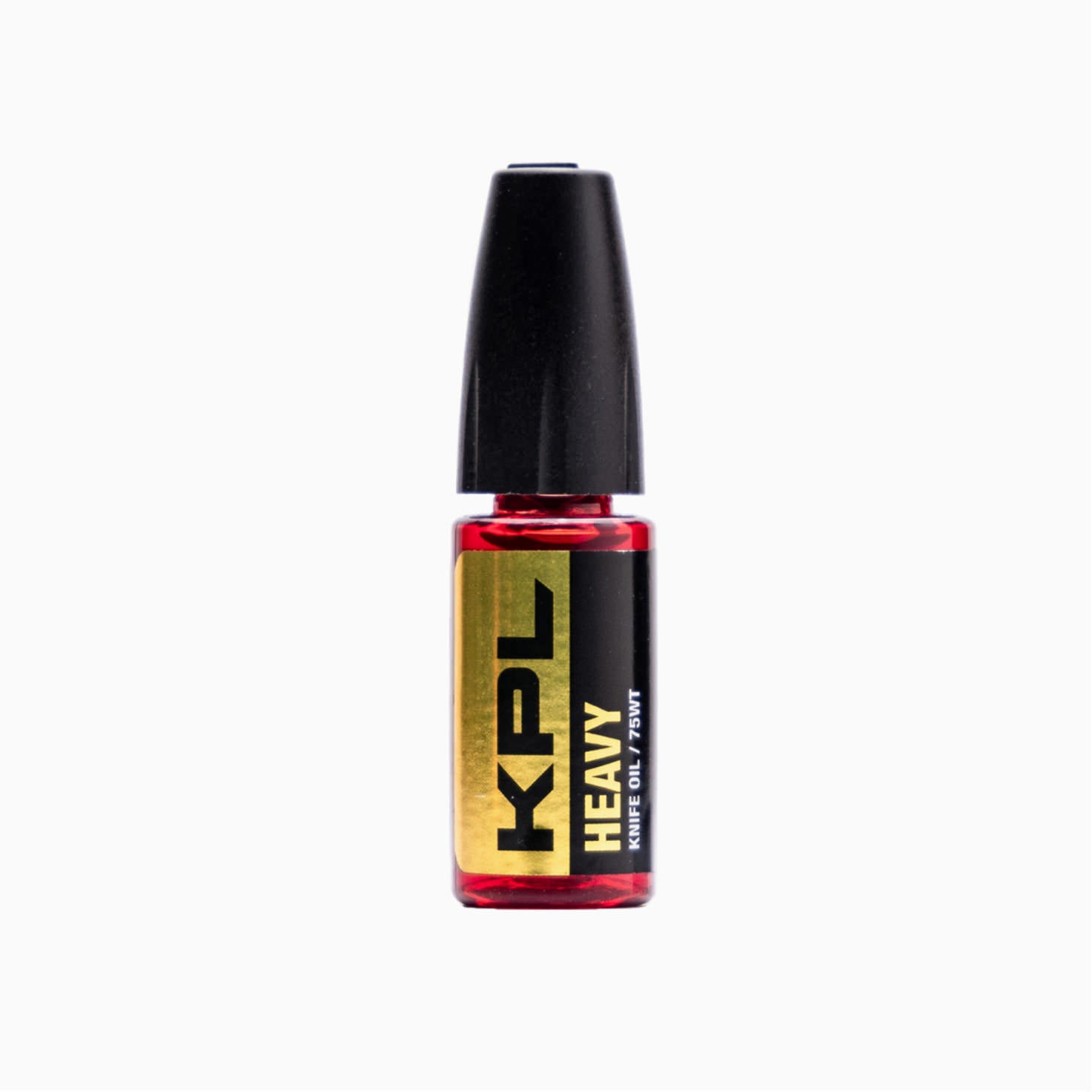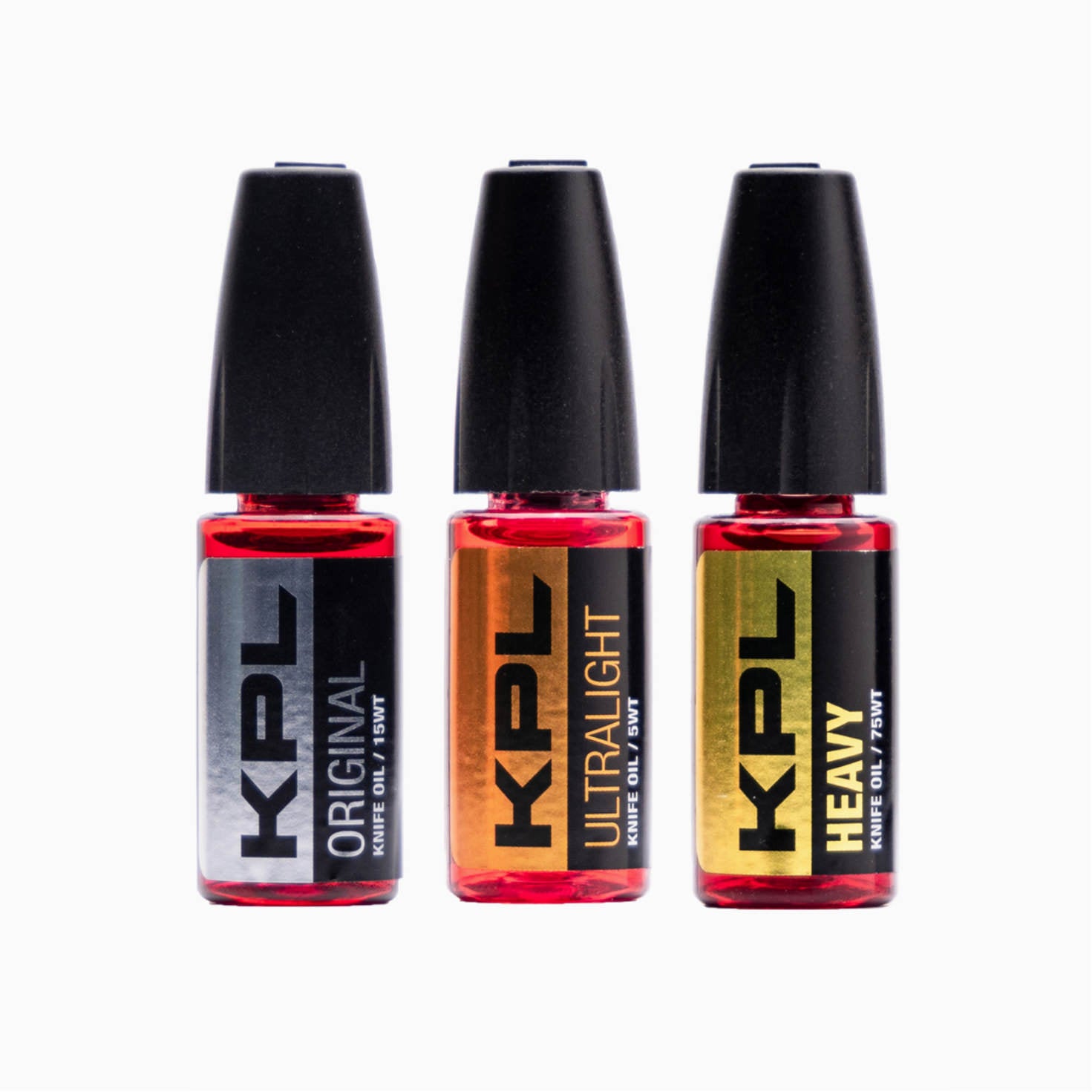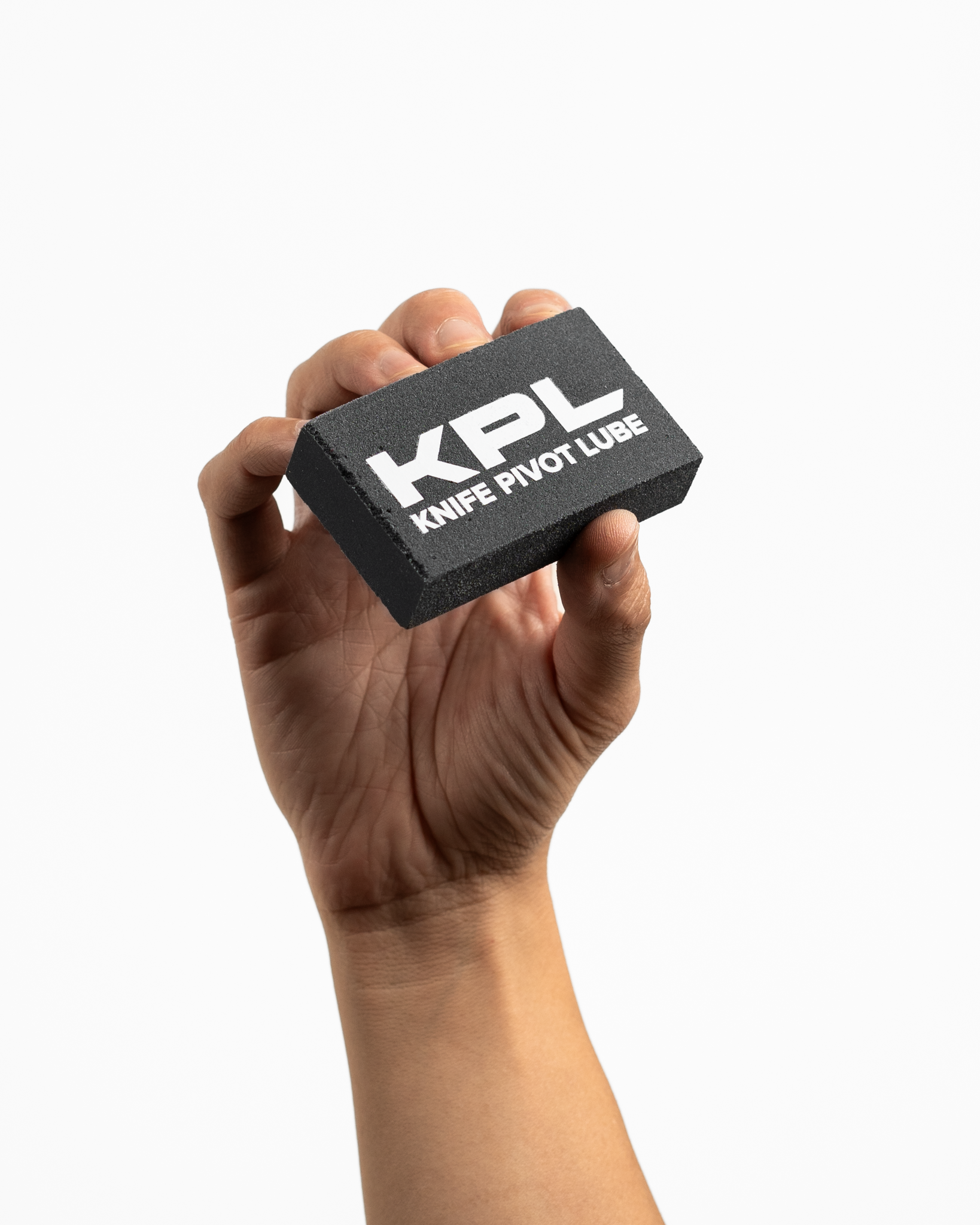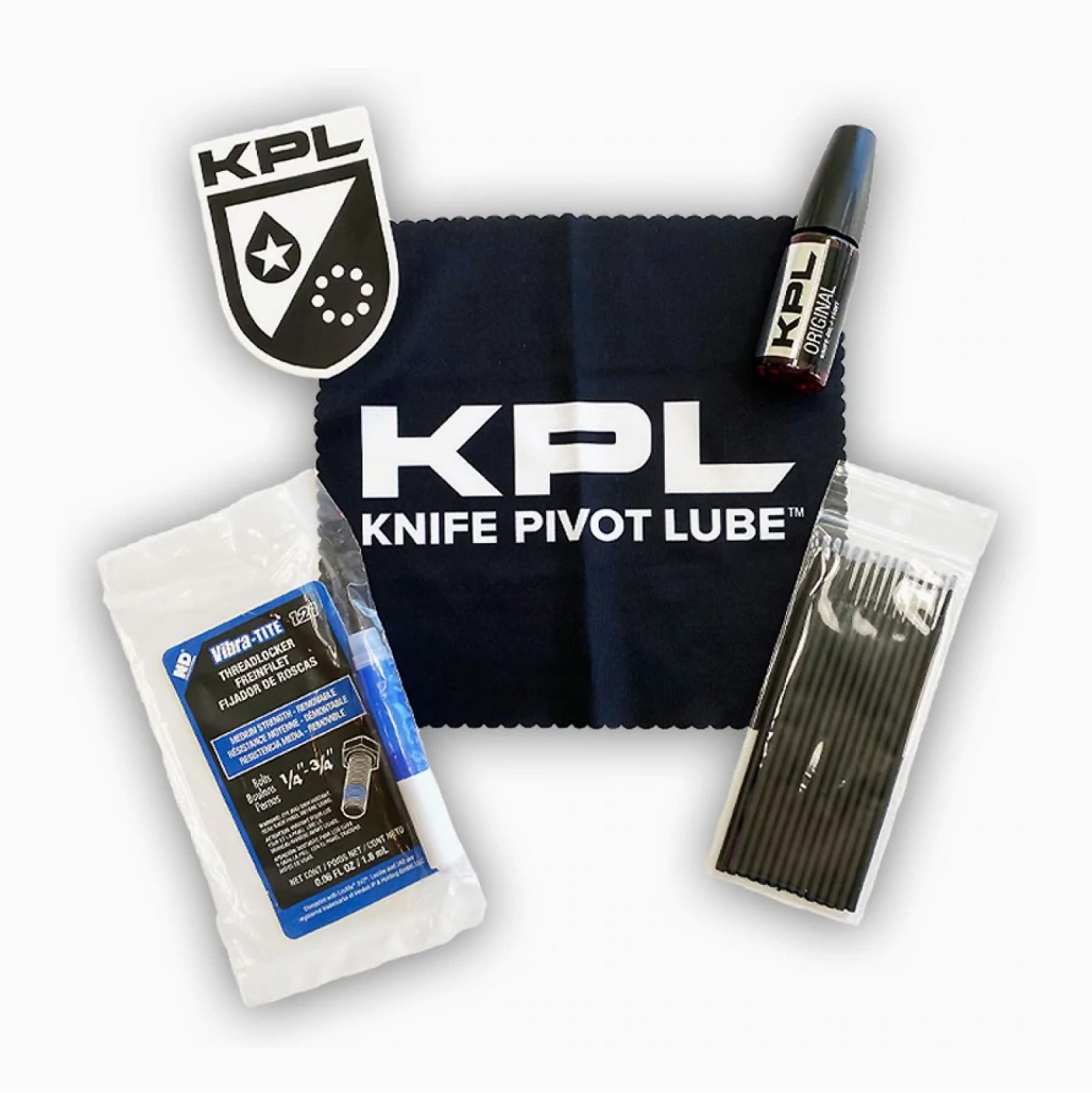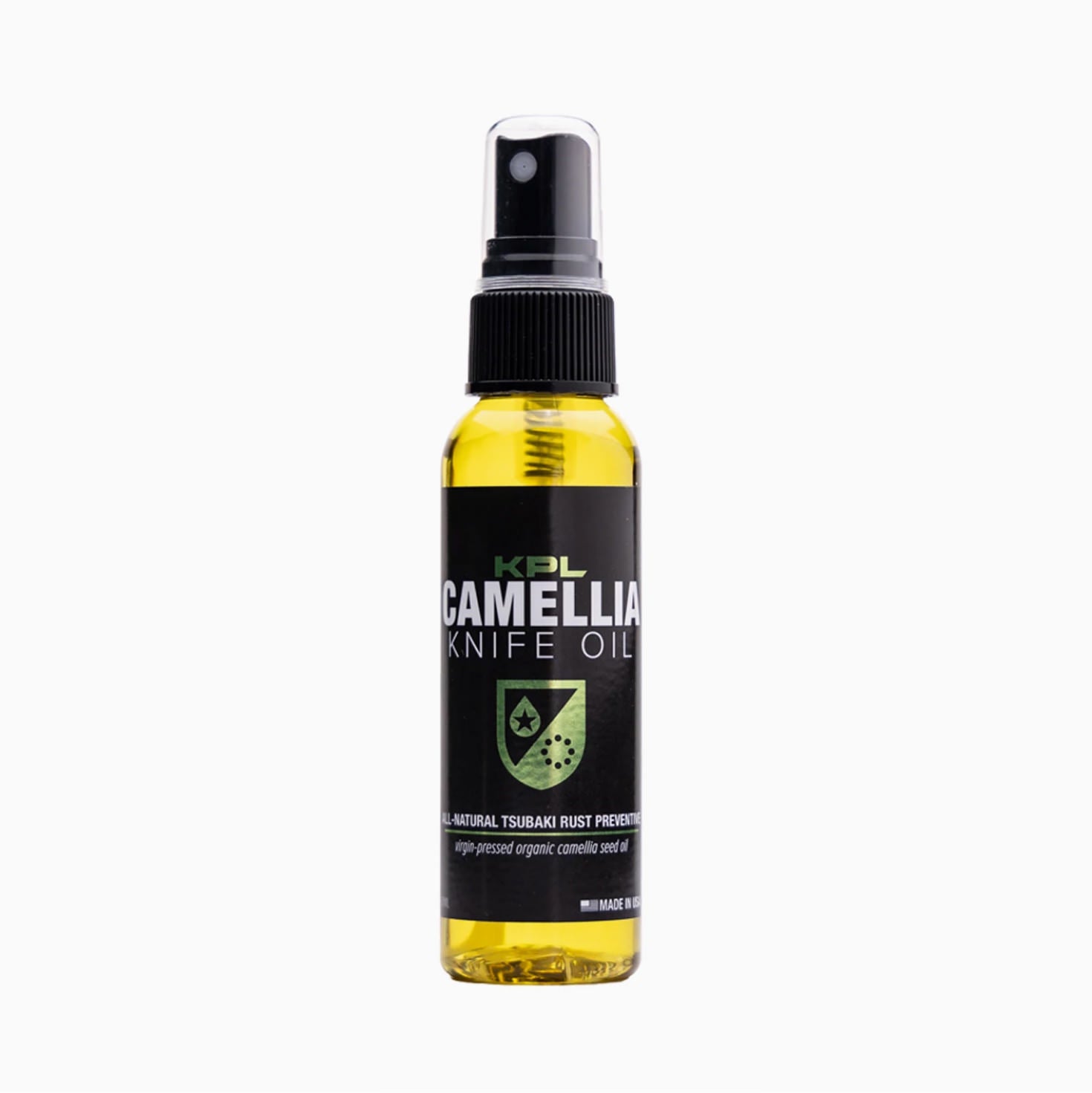
Fixed blades are incredible tools that we use daily - from kitchen knives and everyday carry, to hard use outdoors tools. It's hard to dispute the practicality and functionality of these knives.
Like any other tool, fixed blade knives require some maintenance to keep them functioning at their peak for years to come.
One of the most important aspects of caring for your fixed blade is ensuring it is clean. This is especially important with food processing knives, but should not be neglected with your EDC and outdoor use knives.
Things to Consider when Cleaning your Fixed Blade
The most important thing to consider when cleaning your fixed blades is the steel type. High carbon steels have far less corrosion resistance than stainless steels, but even stainless steels can rust if not properly cared for.
Tool steel can absolutely get wet while in use or cleaning them, but you will want to ensure they are promptly dried. You do not want to allow moisture to remain on the blade as this will quickly show spots and start to rust. Stainless steels can remain wet longer, but as a rule I recommend drying a wet knife as fast as possible.
When cleaning any metal, you want to avoid corrosive and highly acidic substances that can potentially damage your blade. Coated blades also require some special consideration, especially if you want to avoid damaging the coating.
Avoid rough cleaning products like steel wool, and the rough side of kitchen sponges, as they can damage your coating and scratch the steel. Handle materials should also be taken into consideration.
While G10 and micarta are the most common handle materials, wood, bone, and other plastics can be used in some cases.
You will want to take care not to expose the materials to harsh chemicals, excessive moisture, or rough pads to avoid damaging the materials or the finish.
KPL's Knife Shield is perfect for cleaning. Not only is it an effective cleaner, but it is food safe and prevents rust from corroding your knife, making it a must-have for high carbon steel.
Keeping your Knives Dry
I spend a good amount of time using my knives for either food prep or outdoor tasks. I always keep a shop towel and a microfiber cloth handy.

When I use my knives, especially in wet environments, I will use the shop towel or microfiber cloth to promptly dry the blade before sheathing it or setting it down for a prolonged period.
Though this won't get some of the stuck-on gunk like food stuff, tree sap, and ferrocerium rod, this is your first line of defense when preventing rust damage to your knife.
Alcohol
Using Isopropyl Alcohol (commonly known as rubbing alcohol) is one of my go-to cleaning methods on my outdoor fixed blades. Alcohol is very good at helping to break up some of the stickier substances that can get stuck on your blade, and typically will not damage most common handle materials.
Still, I would definitely check with the maker if you have more exotic materials before using, or be very cautious to avoid handle materials when cleaning.
Apply the alcohol directly to a clean shop towel or microfiber cloth and wipe down the blade. You can apply pressure to help scrub down tougher gunk as needed.
The alcohol will dissipate quickly, but you can always wipe down with a clean dry cloth after for good measure.
Soap and Water
This is the most common method used when cleaning your kitchen knives, but can be equally applied to most EDC and outdoor knives too. When using soap and water you want to ensure you are using a mild soap - avoid dish soap and heavily scented hand soaps.
As with other methods of cleaning, stay away from heavy abrasive pads to prevent damaging your steel and finish. You will want to ensure your knives are promptly dried and there is no residual moisture, particularly around the handle scales and any etched surfaces.
Protecting Your Fixed Blade After Cleaning
After your blade is cleaned and dried, protecting your blade is important in some situations, particularly with tool steel fixed blades. High carbon blade steels provide incredible toughness, but at the expense of corrosion resistance.
With a carbon steel fixed blade, you will want to ensure you are applying oil or a specialty steel protectant such as Knife Shield to reduce the risk of rust developing.

This can apply to stainless steels as well. Even though there is they are less susceptible to developing rust (stain) it is still very possible to see rust develop under certain conditions.
If you regularly work in wet environments, particularly around sea water, it is a very good idea to protect even your stainless-steel fixed blades.
Conclusion
Keeping your fixed blades clean will ensure that they keep looking great and will extend their service life for many years. Fixed blades are far easier to clean than their folding blade counterparts because they lack any moving parts.
Following a cleaning routine is not only easy but also inexpensive, so if you have not started yet then today is a good day to get going.
Always be cautious when cleaning your knives as they are obviously sharp and can easily cut you if you are not paying attention. For me, my most common knife injuries occur when I am cleaning them!
Make sure to use code BLACKFLAG for 10% off your KPL purchase!

